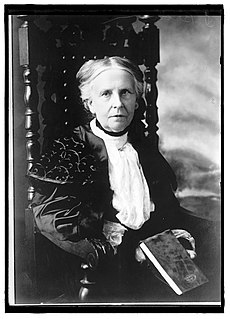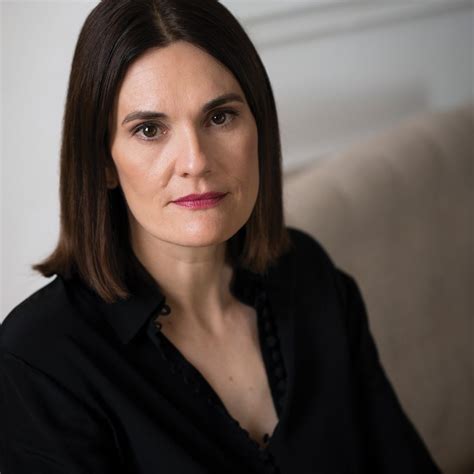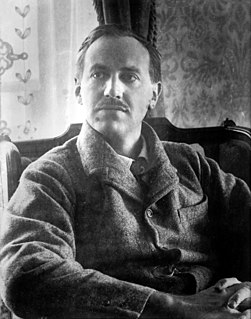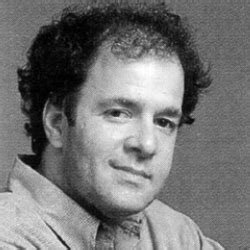A Quote by Olympia Brown
When I read of the vain discussions of the present day about the Virgin Birth and other old dogmas which belong to the past, I feel how great the need is still of a real interest in the religion which builds up character, teaches brotherly love, and opens up to the seeker such a world of usefulness and the beauty of holiness.
Related Quotes
My concern today is with the painting of manners of the present. The past is interesting not only by reason of the beauty which could be distilled from it by those artists for whom it was the present, but also precisely because it is the past, for its historical value. It is the same with the present. The pleasure which we derive from the representation of the present is due not only to the beauty with which it can be invested, but also to its essential quality of being present
I know Stephen King is uncompromising on the idea that writers should practise their craft every single day, and it clearly works for him. Personally, I relish a day off with some boredom; it gives me space to feel the world, observe, stir up the epiphanies, which I need if I'm creating fiction. On the other hand, I'm a big advocate for beauty and creativity on the weekend, which can be incredibly rejuvenating.
I love religion. I could make up religions all day. I sort of think that in an ideal world I'd like to be a religion designer. I'd like people come up to me and say, I need a religion. I'd go talk to them for a while, and I'd design a religion for them. That would be a great job. There's a need for people like that. Fortunately, seeing that one can't actually do it, I get paid for sort of making them up anyway.
What do I make of all this texture? What does it mean about the kind of world in which I have been set down? The texture of the world, its filigree and scrollwork, means that there is the possibility for beauty here, a beauty inexhaustible in its complexity, which opens to my knock, which answers in me a call I do not remember calling, and which trains me to the wild and extravagant nature of the spirit I seek.
Since philosophy is the art which teaches us how to live, and since children need to learn it as much as we do at other ages, why do we not instruct them in it? .. But in truth I know nothing about the philosophy of education except this: that the greatest and the most important difficulty known to human learning seems to lie in that area which treats how to bring up children and how to educate them.
It will be an ill day when our brethren take to bragging and boasting and call it 'testimony to the victorious Christian life.' We trust that holiness will be more than ever the aim of believers, but not the boastful holiness which has deluded some of the excellent of the earth into vain glory, and under which their firmest friends shudder for them.
One should hallow all that one does in one's natural life. One eats in holiness, tastes the taste of food in holiness, and the table becomes an altar. One works in holiness, and raises up the sparks which hide themselves in all tools. One walks in holiness across the fields, and the soft songs of all herbs, which they voice to God, enter into the song of our soul.
I think that people all grow up and have their same personalities, but you can say, "Oh, I can see the roots of this personality, which I didn't like, but then you grew up, and I can still see you as that person, but I do really like you now." Which is sort of how I feel about children - I mean, about children who I knew when I was a child and grew up with, and they're still my friends, and children that I know as children who I see growing up, and every year I like them more.
Of pure poetry there are two kinds, that which mirrors the beauty of the world in which our bodies are, and that which builds the more mysterious kingdoms where geography ends and fairyland begins, with gods and heroes at war, and the sirens singing still, and Alph going down to the darkness from Xanadu.
I can't deceive myself out of the bare stark realization that no matter how enthusiastic you are, no matter how sure that character is fate, nothing is real, past or future, when you are alone in your room with the clock ticking loudly into the false cheerful brilliance of the electric light. And if you have no past or future which, after all, is all that the present is made of, why then you may as well dispose of the empty shell of present and commit suicide.






































